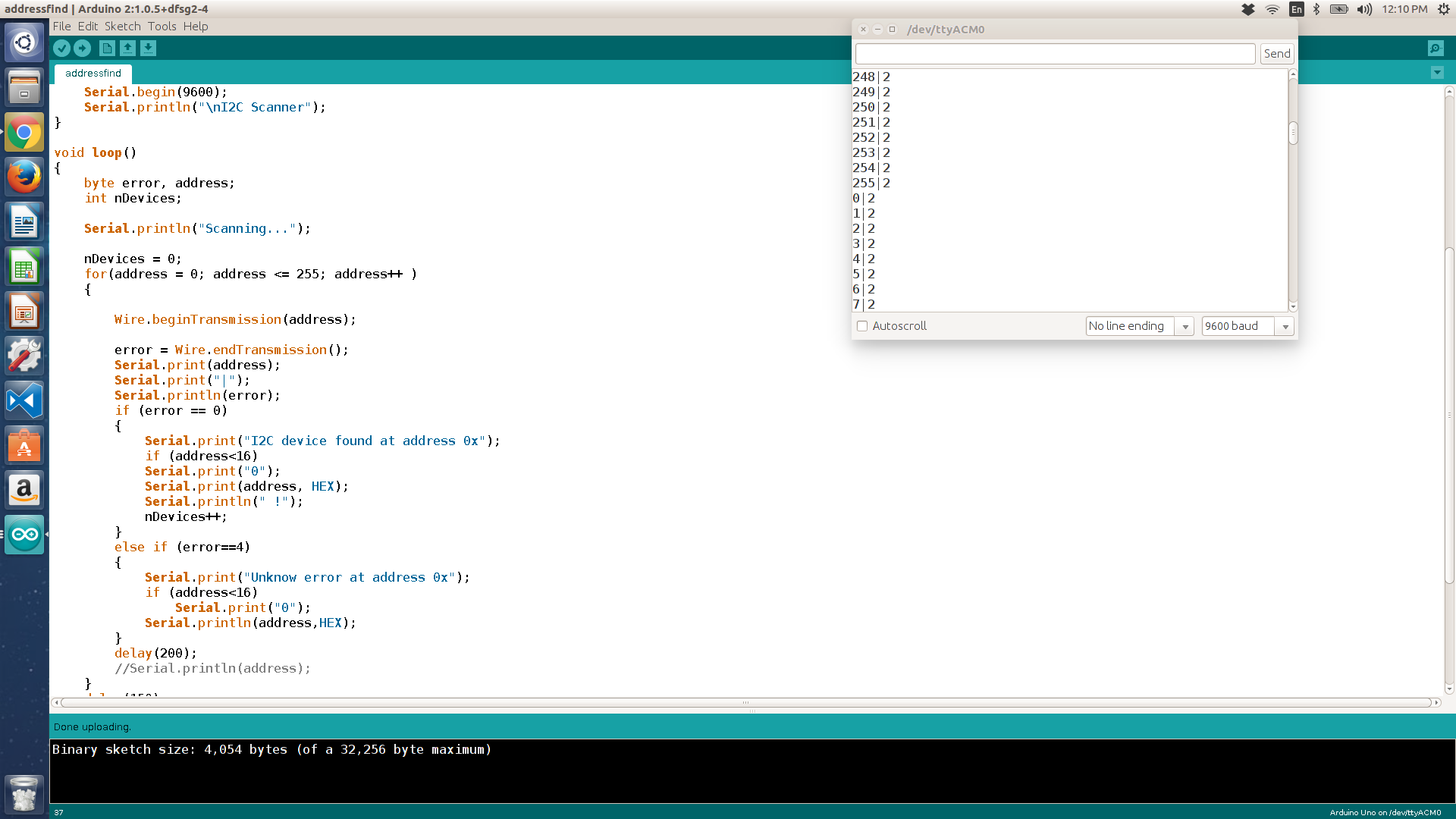
#Arduino print f serial#
This allows strings to be sent to a serial console thanks to the ST-LINK’s USB Virtual COM port bridge. Typically when working on an ST development board, the UART peripheral with RX and TX lines connected to the ST-LINK programmer/debugger is chosen for this purpose. To properly include the printf() function from the stdio library as described in the next step, a UART (or USART) peripheral must be configured to transmit the formatted string. It was written for projects developed with STM32CubeIDE (version 1.11.2), but should be extendable to other environments as well. This procedure covers the preliminary step of configuring and enabling the appropriate UART peripheral, the primary step of mapping that UART instance to the printf() function, and an optional secondary step for those wishing to print floating point numbers. In the case of an STM32 project, a few extra lines of code are required.įor those wishing to both send and receive formatted data over a UART bus, check out the companion article Easily Use scanf on STM32 as well! Procedure



Unfortunately, to utilize this function in an embedded C application, simply including the stdio library is usually insufficient. While most platforms have their own APIs capable transmitting data over a UART bus, they all lack the power and popularity of the printf() function. Aside from blinking an LED, printing informative messages to a serial console is perhaps the simplest, most straightforward, and most common technique employed when debugging embedded projects.


 0 kommentar(er)
0 kommentar(er)
